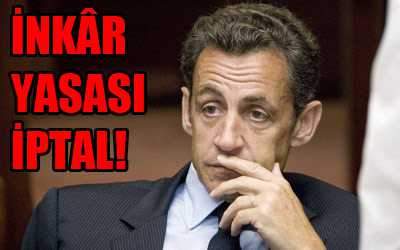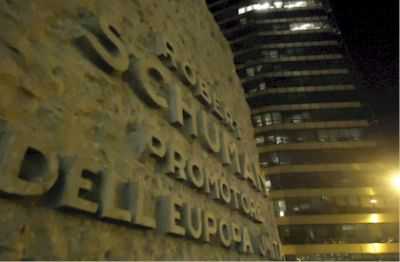By Amos Ben Gershom GPO

NICOSIA – Perhaps the most striking element of the press conference Prime Minister Binyamin Netanyahu held here Thursday with Cypriot President Demetris Christofias was that Netanyahu did not mention Turkey once.
Though the meeting that preceded the press conference was between the Israeli and Cypriot leaders, Turkey was the massive absent presence – the shadow that hovered unmistakenly above the room.
Related:
PM in Cyprus: Sanctions on Iran not working
PM, Cyprus president pledge energy cooperation
Christofias felt this presence – how could he miss it? Ankara warned him Thursday against exploring for gas off Cyprus’ shores, and scheduled, but did not carry out, a live-fire naval maneuver near the site of where the country is searching for gas.
During the press conference the Cypriot leader slammed Turkey, first calling on the international community and the EU to send a message to Ankara to stop violating international law, and then saying “it is not Cyprus that threatens Turkey, but Turkey that is threatening Cyprus. We will continue to cooperate [with Israel], and the true trouble-maker is Turkey, not the Israel-Cyprus relationship.”
Netanyahu had ample opportunity to slam Turkey; Christofias gave him many openings, perhaps even wanted him to say something. But Netanyahu – unlike Turkish leaders who seldom miss an opportunity to lob rhetorical broadsides at Israel – chose to ignore it.
Netanyahu’s overall message was that the burgeoning love affair between Israel and Cyprus – a country that just five years ago was considered one of the most hostile to Israel in Europe – has to do with Israel and Cyprus, not Turkey. There are enough common interests that bring the two countries together, he intimated, without having to bring in a common foe.
Which, obviously, paints only half the picture.
Granted, the discovery of massive gas reserves in the eastern Mediterranean shared by the two countries played a large part in bringing Jerusalem and Nicosia together – shared economic interests is a powerful catalyst in forging alliances. But so too are common enemies.
While the way Christofias spoke about Turkey left no question that he indeed views Turkey, which has occupied part of the island since 1974, as an enemy, Netanyahu diplomatically chose not to mention Ankara – keeping the door ajar for the hope of some eventual reconciliation.
With Turkish leader Recep Tayyip Erdogan not healthy, and senior Cypriot officials saying he is on his way to the US to undergo medical treatment, Turkey could very well be on the cusp of major internal changes. With that a possible scenario, Israel has no interest in slamming the door in Turkey’s face.
Yet, things have changed dramatically since Erdogan berated President Shimon Peres in Davos in January 2009 for Operation Cast Lead, and the Turks sent the Mavi Marmara on its ill-fated blockade-bashing mission to Gaza in 2010. And one thing Netanyahu’s visit showed was the rapidity with which Israel was able to look at the new situation and adjust accordingly.
Rather than cowering before Turkey’s bellicose behavior and bemoaning an important relationship lost, Israel looked for creative ways to counterbalance Turkey. And Jerusalem found it in Turkey’s historic adversaries: Greece and Cyprus, as well as Romania, Bulgaria and – increasingly – Croatia.
Everyone realizes that Israel lost a huge strategic asset with Turkey, a strategic asset that neither Cyprus, Greece or the Balkan countries can replace. Still, if – borrowing an American football metaphor – Israel lost 10 years in losing Turkey, it has picked up five or six yards with the the new regional alliance growing in the eastern Mediterranean and the Balkans.
Does it get Israel back to the line of scrimmage? No. But it is a whole lot better than a total loss.
Netanyahu did not have to mention Turkey in his remarks.
His very visit to Cyprus – the first ever by an Israeli prime minister – did it for him.
Turkey, through its threats and planned naval maneuver on Thursday, sent a message to Israel and Cyprus that Ankara is a major actor in the eastern Mediterranean that can’t be ignored.
And Netanyahu, just by being in Nicosia, sent a message back: We hear you, but Israel will do what it feels it must to promote its strategic and economic interests – despite what Turkey might think.
via Israel and Cyprus: Dancing with T… JPost – Diplomacy & Politics.
 Fransa Anayasa Konseyi, 1915 olaylarıyla ilgili Ermeni iddialarının reddinin suç sayılmasını öngören yasayı iptal etti.
Fransa Anayasa Konseyi, 1915 olaylarıyla ilgili Ermeni iddialarının reddinin suç sayılmasını öngören yasayı iptal etti.




